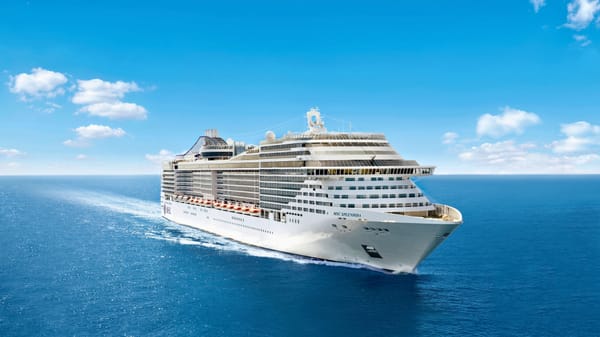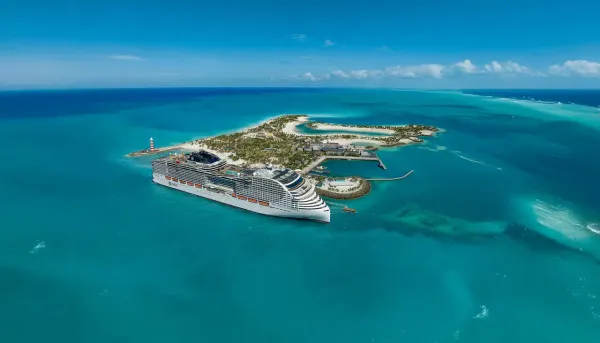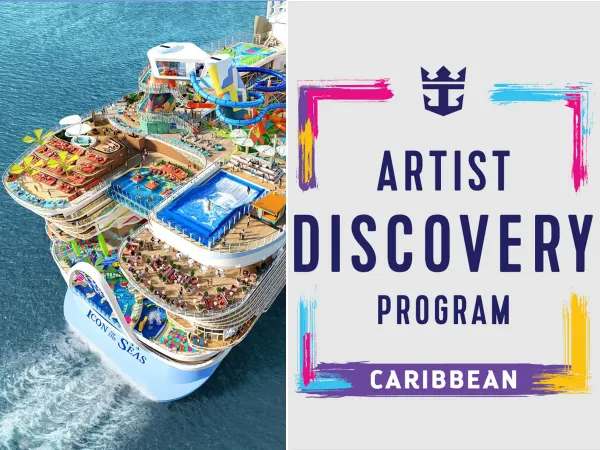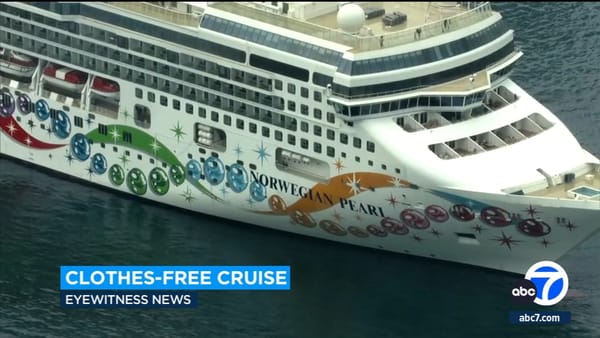Cruise Lines Revamp Dolphin Tours in Mexico
Cruise lines are reshaping dolphin tours in Mexico as a new law limits close contact with captive dolphins, reflecting rising global attention to animal welfare in tourism.
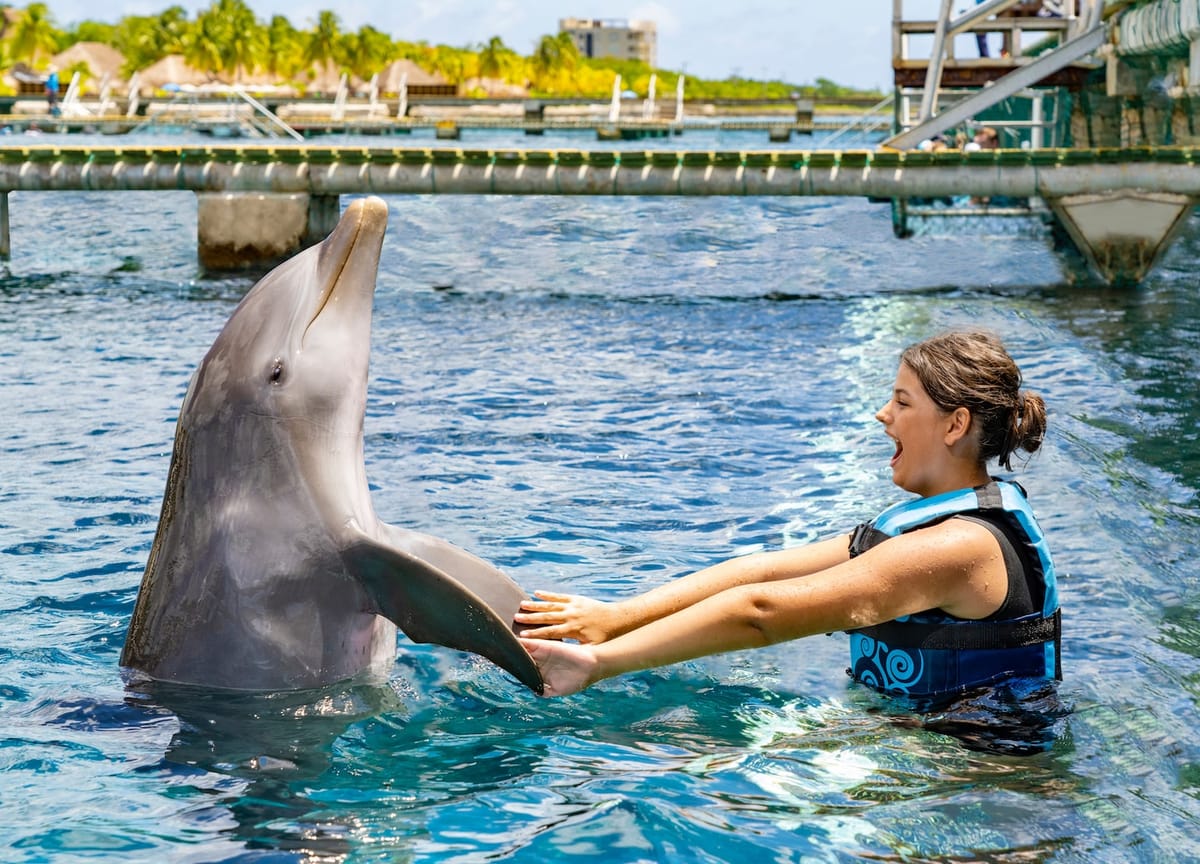
Royal Caribbean and other cruise lines are adapting to newly enforced restrictions under Mexico's amended General Wildlife Law, significantly transforming popular dolphin excursions at ports such as Cozumel and Costa Maya. The updated law, commonly known as Minchos Law, was approved by Mexico’s Congress in late June 2025 and is being implemented immediately for existing bookings, with further operational adjustments coming fully into effect later in 2025.
Key Amendments to Mexico's General Wildlife Law
The new regulations prohibit a number of high-impact interactions with dolphins, including dorsal tows, foot pushes, boogie board interactions, belly rides, and holding onto dolphins’ fins. In addition, the law outlaws dolphin shows nationwide, marking a significant step forward in reducing animal exploitation in tourism. The updated legislation is designed to protect marine mammals from stress, injuries, and other negative impacts often associated with more intrusive activities.
These changes affect major attractions like Dolphin Discovery Cozumel and Dolphinaris Cozumel, popular among cruise passengers. Tour operators must now align their offerings with the stricter standards, creating a notable shift in the types of encounters permitted for visitors seeking memorable wildlife experiences.
How Cruise Lines Are Responding
Royal Caribbean has notified impacted guests of the changes, specifically those booked for the Dolphin Swim & VIP Experience All-Inclusive excursion in Cozumel. In a statement to travelers, the cruise line explained, “Effective immediately, the General Wildlife Law has been implemented and enforces new operational standards for dolphin habitats across Mexico. As a result of this change, several high-impact interactions in our tours offered are now mandatorily removed.”
Guests are being provided with the flexibility to modify or cancel their tours up to 48 hours before their ship arrives at port without penalty. Royal Caribbean and other cruise lines are working closely with local operators to ensure compliance with the amended law while still offering engaging alternatives. Similar adjustments are anticipated nationwide at ports such as Costa Maya.
What Dolphin Encounters Will Continue to Offer
While the prohibited activities are among the most iconic aspects of dolphin excursions, lower-impact alternatives remain available. Visitors can still enjoy activities such as feeding dolphins, offering belly rubs, petting, taking selfies, and receiving dolphin kisses. The exact experiences offered may vary by location and operator, but all interactions will prioritize animal welfare and safety under the new guidelines.
This shift mirrors broader trends in sustainable tourism, where ecologically conscious practices increasingly shape guest experiences. Similar bans on restrictive wildlife interactions have been implemented in destinations like Honduras, where laws now restrict holding sloths and monkeys for photos, and where physical contact with sea turtles during snorkeling tours has been limited.
Impact on Tourism and Cruise Itineraries
The enforcement of stricter wildlife regulations represents a growing global movement to balance tourism with ethical conservation practices. For the cruise industry, this means reimagining popular shore excursions in order to comply with these guidelines while still maintaining guest satisfaction. Royal Caribbean, for instance, has emphasized that modified excursions still allow for meaningful dolphin encounters despite the removal of certain high-adrenaline activities.
In addition to dolphin-related tours, cruise operators may increasingly pivot toward cultural or ecological activities that cater to travelers’ evolving interests in sustainability. These changes underline the industry's emphasis on adaptability as cruise lines and local operators adjust their offerings to reflect shifting regulations and guest preferences.
Frequently Asked Questions (FAQs)
What changes has Mexico's new wildlife law introduced?
The amended General Wildlife Law bans high-impact interactions with captive dolphins, including dorsal tows, belly rides, and foot pushes. It also prohibits dolphin shows across the nation, enforcing stricter welfare standards.
Which cruise destinations in Mexico are impacted?
Cruise ports such as Cozumel and Costa Maya are directly affected. However, the law applies nationwide, meaning similar adjustments will be required at all Mexican ports offering dolphin excursions.
What types of dolphin interactions are still allowed?
Lower-impact activities such as feeding, petting, taking selfies, and receiving dolphin kisses remain permitted. These interactions may vary by operator and are designed to comply with the law’s emphasis on animal welfare.
What options do guests have if their excursions are altered?
Royal Caribbean passengers can modify or cancel their excursions up to 48 hours before port arrival without any penalties. Changes can be made online or onboard at the Shore Excursions desk or Guest Relations desk.
Are dolphin shows now banned in Mexico?
Yes, a nationwide ban on dolphin shows has been approved by Mexico’s Congress as part of the updated legislation, which is aimed at ending practices deemed exploitative to marine mammals.
How are these changes aligned with global trends?
Similar wildlife protection laws have been enacted in destinations like Honduras, where restrictions on interacting with sloths and monkeys have been implemented, and in some regions where physical contact with endangered sea turtles during snorkeling tours is now limited. These initiatives reflect a growing emphasis on sustainable and ethical tourism practices.

